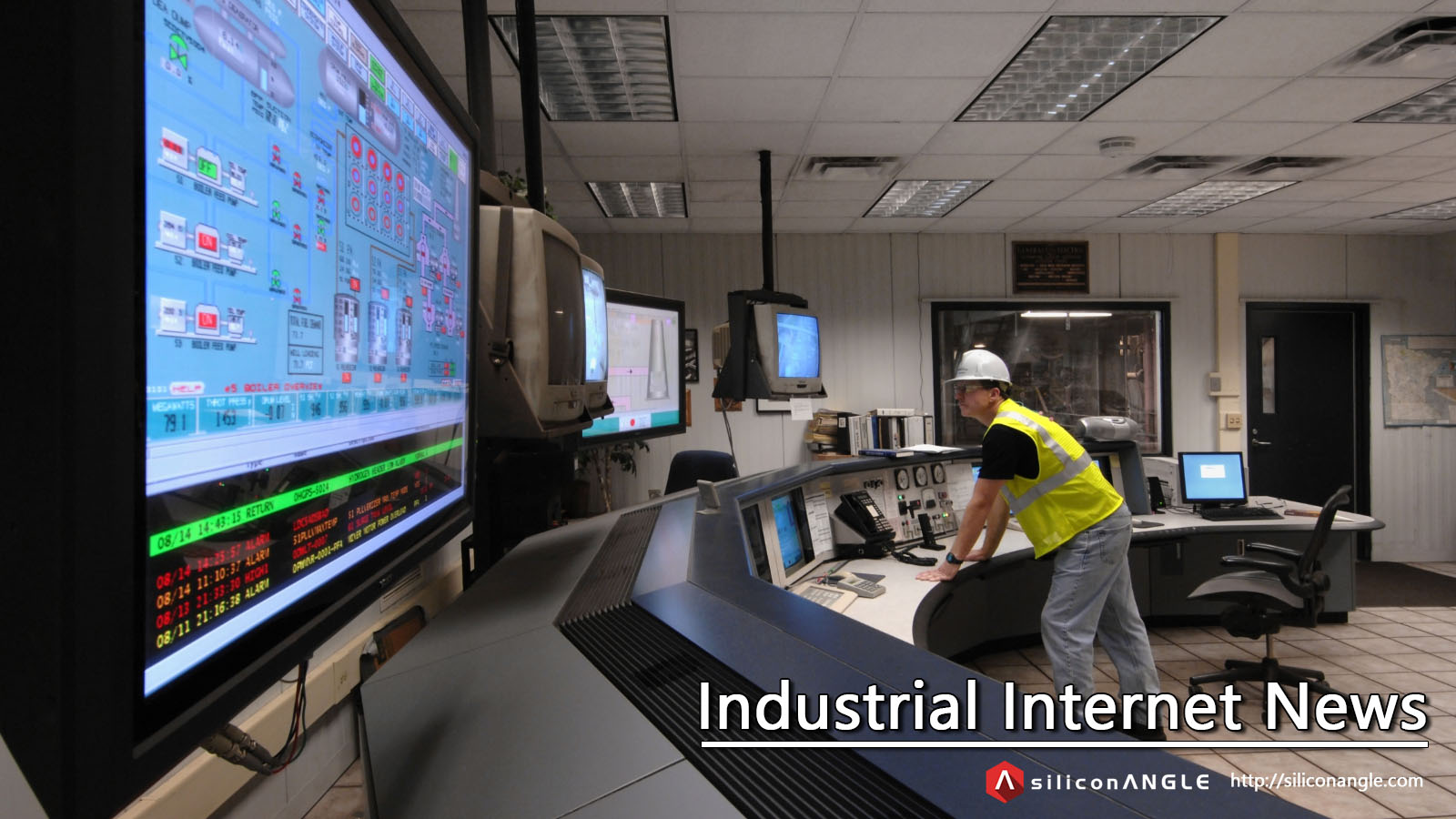 NEWS
NEWS
 NEWS
NEWS
 NEWS
NEWS
![]()
The world’s economy could miss out on a massive $14 trillion potential windfall from the Industrial Internet, due to a lack of understanding and inaction, according to a new report.
The report, titled Winning with the Industrial Internet of Things, was released by Accenture at the World Economic Forum in Davos, Switzerland, yesterday. It reiterates that the true potential of the Internet of Things doesn’t lie in the consumer market, but instead within industries, where adoption could lead to a massive increase in productivity and GDP levels in the next couple of decades.
For example, the estimated productivity gains that would follow capital investments in Industrial Internet technologies would add some $6.1 trillion to the United States’ cumulative GDP by 2030. Moreover, if the U.S. were to increase its investment in IoT technologies by fifty percent and improve enabling factors like broadband networks and skills, the potential gain could be as high as $7.1 trillion, leading to an overall 2.3 percent rise in current GDP projections.
Other nations would benefit too – for example, Germany could see its cumulative GDP rise by $700 billion by 2030, increasing its GDP in 2030 by 1.7 percent. Meanwhile China could see a $1.8 trillion boost in its cumulative GDP by 2030 if it were to make similar investments.
Lack of belief
The bad news is that most nations are at risk of missing out on these gains, because some 73 percent of organizations fail to see the advantages and do not have plans in place to enable the IoT, Accenture said. Of the more than 1,400 global business leaders surveyed, only seven percent have developed a comprehensive IoT strategy with investments to match.
Accenture’s research suggests the lack of interest in IoT is due to the difficulty of generating new revenue streams from its application. While 57 percent of business leaders says new revenues are the greatest opportunity IoT presents, just 13 percent believe their companies will achieve them.
“The industrial Internet of Things is here today, helping to improve productivity and reduce costs,” said Paul Daugherty, CTO at Accenture. “But its full economic potential will only be achieved if companies move beyond using digital technology to make efficiency gains alone and unlock the value of data to create new markets and revenue streams. That means radically changing how they do business: working with competitors, forming partnerships with other industries, redesigning organizational structures and investing in new skills and talent.”
Weak infrastructure holds IoT back
A second major problem is that many nations lack the supporting conditions to rapidly adopt IoT technologies, according to Accenture’s analysis of 20 economies. Of these, the Netherlands, Nordic countries, Switzerland and the U.S., rank top. Brazil, India, Russia and Spain rank as the nations with the weakest supporting conditions to enable IoT adoption.
These weak supporting conditions include limited infrastructure, and a lack of institutional foundations and skills necessary to support widespread adoption of new technologies. Accenture says businesses in these countries will need to work with governments to identify ways to improve enabling conditions if they’re to attract greater investment in the IoT.
“Businesses must work with policy makers to put in place the necessary factors needed to create and apply digital technologies broadly across economies,” said Bruno Berthon, managing director of Accenture’s digital strategy.
photo credit: Mad House Photography via photopin cc
Support our mission to keep content open and free by engaging with theCUBE community. Join theCUBE’s Alumni Trust Network, where technology leaders connect, share intelligence and create opportunities.
Founded by tech visionaries John Furrier and Dave Vellante, SiliconANGLE Media has built a dynamic ecosystem of industry-leading digital media brands that reach 15+ million elite tech professionals. Our new proprietary theCUBE AI Video Cloud is breaking ground in audience interaction, leveraging theCUBEai.com neural network to help technology companies make data-driven decisions and stay at the forefront of industry conversations.